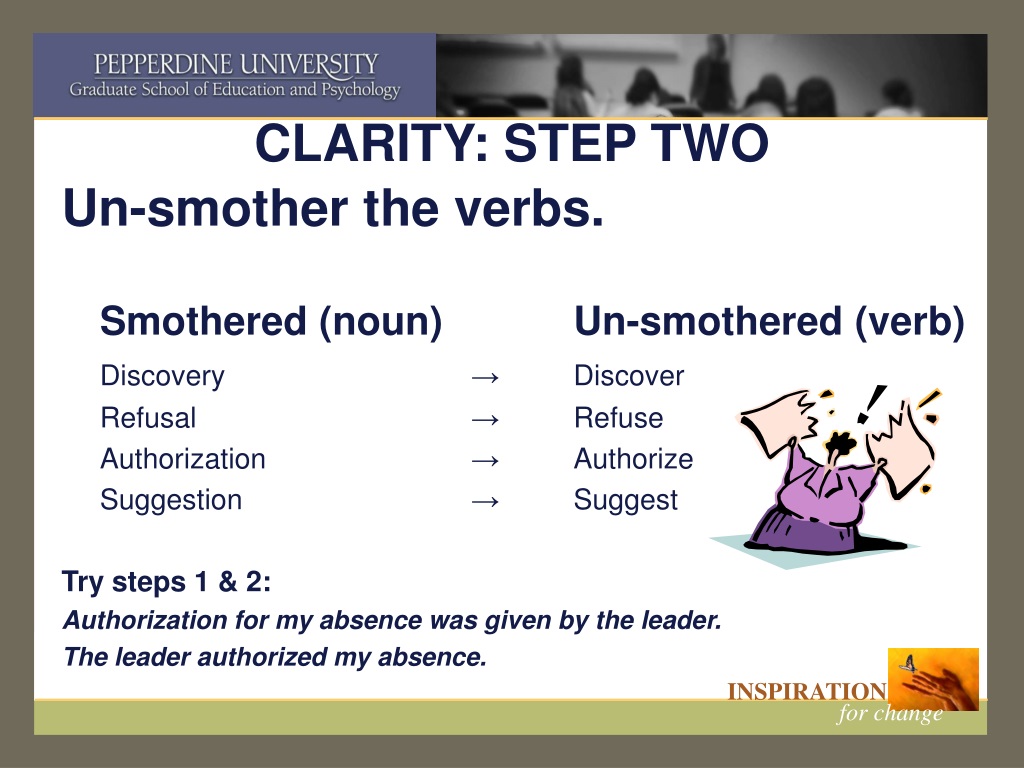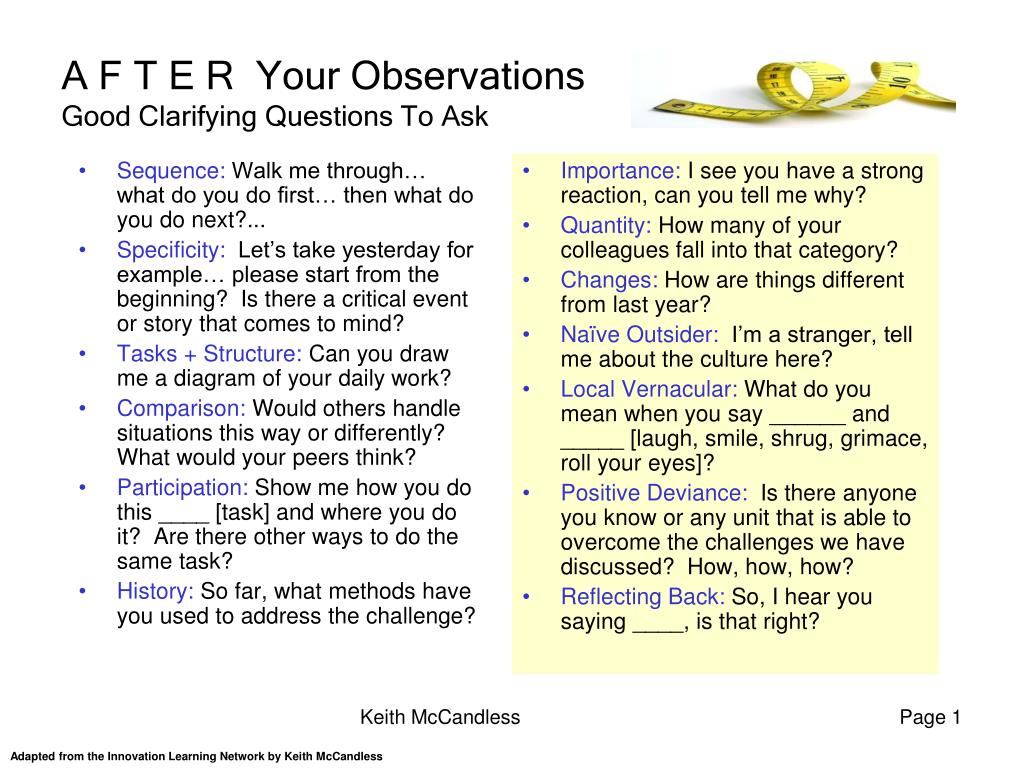

It’s a good idea to use these questions sparsely, as others may view them as manipulative if you use them frequently or in the wrong context.ĭon’t you think that sales call went well? Often, speakers phrase these questions to encourage the listener to agree with them. Leading questions encourage the listener to provide a specific response.

What sorts of things would you have liked to add to the presentation? The sequence can also take the opposite form, such as starting narrowly with straightforward closed questions and broadening into subjective open questions.Ĭonsider this sequence of example funnel questions: Their sequence mimics a funnel structure in that they start broadly with open questions, then segue to closed questions.
RESOLVE VS CLARIFY QUESTIONS SERIES
Unlike other types, funnel questions are always a series of questions. What is the best way to learn about cooking? These questions don’t invite “yes” or “no” responses and instead encourage the listener to respond with detail. Open questions are the opposite of closed questions in that they facilitate lengthier, more thoughtful answers and discussions among groups. Related: 10 Ways To Improve Verbal Communication Skills 2. Closed questionsĬlosed questions have two possible answers depending on how you phrase it: “yes” or “no” or “true” or “false.” You can use closed questions to get direct information or to gauge someone’s knowledge on a topic.įor example, here are some closed questions: Here are 15 types of questions with examples: 1. Related: Top 6 Teaching Skills That Employers Look For Types of questions The types of questions you ask directly impact the type of answer you receive. Other times, you may want to talk through a scenario, evaluate how well a group is learning new material or solicit feedback. You may simply need a single, brief answer without discussion. Your goals for communicating with colleagues, managers or trainees should help determine what types of questions to pose. Why is asking the right type of questions important?Īsking the right types of questions at work is important because doing so can help you gather the information most relevant and useful to you. In this article, we discuss the importance of understanding question types and list types of questions with examples of each. Learning about unique question types can help you determine which ones are appropriate for a specific workplace situation. In the workplace, different situations may require you to utilize various techniques for asking questions in order to preserve relationships and communication. When you need certain facts, information or input, how you phrase your request often impacts the quality and type of response you receive. An illustration of a person speaking while holding a book, perhaps for reference.


 0 kommentar(er)
0 kommentar(er)
